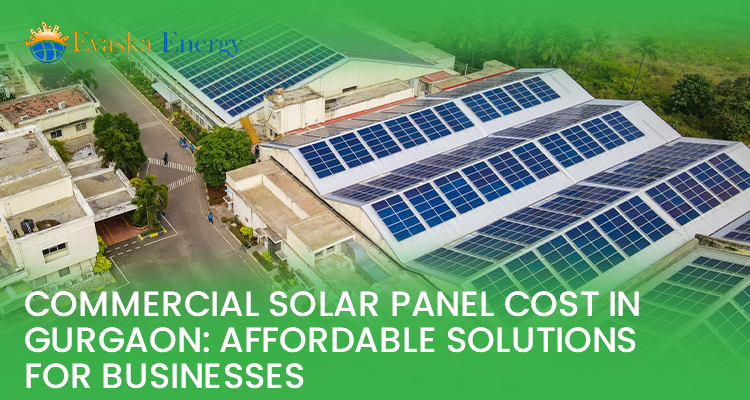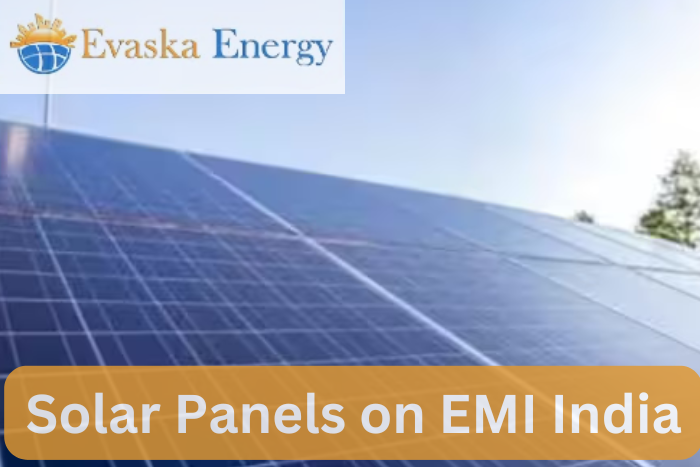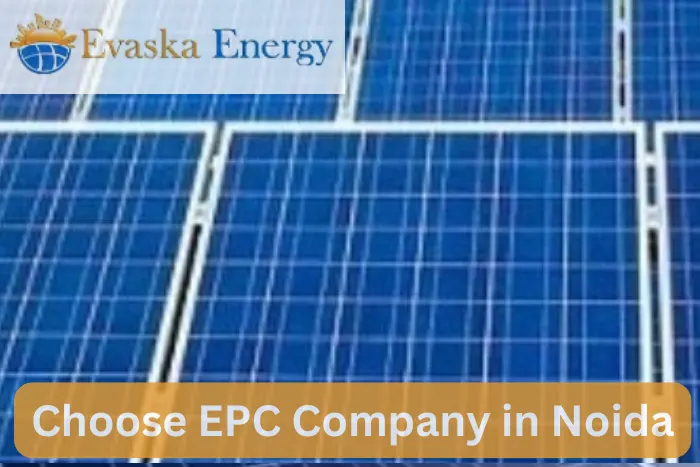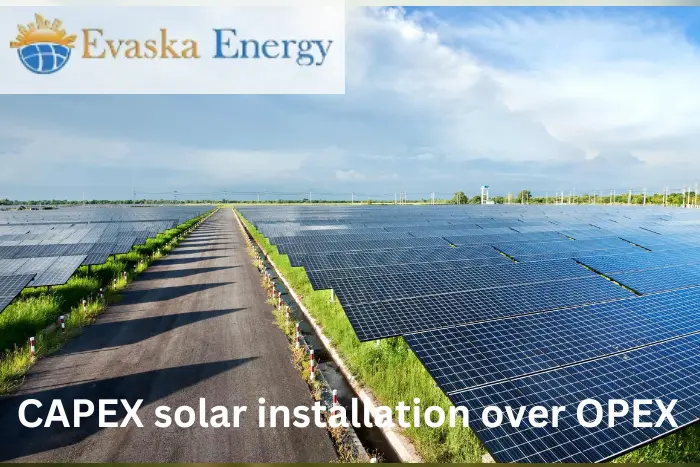Commercial Solar Panel Cost in Gurgaon: Affordable Solutions For Businesses
Companies are increasingly recognising the importance of incorporating sustainable practices into their operations, not only to reduce their carbon footprint but also to enhance their reputation and attract environmentally-conscious consumers. Solar panels offer a viable solution to meet these objectives, as they harness the power of the sun to generate electricity without emitting harmful greenhouse gases. One of the key advantages of integrating solar panels into corporate infrastructure is the potential for significant cost savings. By generating their own electricity, companies can reduce their reliance on traditional energy sources and avoid the volatility of energy prices, facilitating the significance of commercial solar panel cost. This can lead to substantial long-term financial gains, as solar panels have a lifespan of 25-30 years and require minimal maintenance. Solar power can provide a reliable and consistent source of energy, reducing the risk of power outages and ensuring uninterrupted operations.
This is particularly important for industries that rely heavily on electricity, such as manufacturing or data centres. By investing in solar panels, companies can enhance their energy security and mitigate the potential risks associated with grid failures or energy supply disruptions. Moreover, the adoption of solar power can contribute to the achievement of global climate goals. As companies reduce their reliance on fossil fuels and transition to renewable energy sources, they can significantly reduce their carbon emissions. This not only helps combat climate change but also demonstrates leadership in addressing one of the most pressing global challenges of our time. Further incentivising the adoption of solar panels, governments and regulatory bodies have introduced various financial incentives and policies. These include tax credits, grants, and feed-in tariffs, which can significantly reduce the upfront commercial solar panel cost of installing solar panels and accelerate the return on investment for companies.
In conclusion, the growing global trend towards sustainable energy sources has propelled the integration of solar panels in the corporate world. By harnessing the power of the sun, companies can not only reduce their environmental impact but also achieve significant financial gains. The adoption of solar power aligns with corporate social responsibility goals, enhances brand image, and contributes to global climate goals. With the support of government incentives, solar panels have emerged as a strategic decision for companies seeking to embrace sustainability and secure a competitive advantage in the market.
What Is The Commercial Size Of A Solar Panel?
Solar panels are commonly evaluated based on their peak power output in watts under standard test conditions (STC). The sizes of photovoltaic modules used in different applications can vary. For residential panels, the power output typically ranges from 250 watts to 400 watts per panel. Each panel occupies approximately 15-20 square feet of space. The Commercial solar panel cost, depending upon the other hand, has a power output range of 300 watts to 500 watts per panel. The size of these panels can vary depending on their efficiency, but they are generally larger than residential panels. Utility-scale panels, designed for large solar farms, have a power output range of 300 watts to 600 watts per panel. These panels are significantly larger than both residential and commercial panels and can cover extensive areas.
The efficiency of solar panels has been improving over time, allowing manufacturers to produce higher-wattage panels without increasing their physical size significantly. Technological advancements, such as bifacial solar panels and solar tracking systems, also contribute to increased efficiency and power output. To obtain the most up-to-date information on panel sizes and specifications, it is advisable to consult solar panel manufacturers or suppliers, as these details may have changed since the last update. Additionally, government regulations, incentives, and specific installation requirements can influence the selection of solar panel sizes for commercial applications.
How many kW is a commercial solar panel?
In addition to the capacity or wattage, the efficiency of a commercial solar panel is another important factor to consider. Efficiency refers to the percentage of sunlight that a panel can convert into usable electricity. Higher-efficiency panels are able to generate more power from the same amount of sunlight, making them more desirable. The size and physical dimensions of a commercial solar panel can also vary. Panels can range in size from a few square feet to several square metres, depending on the manufacturer and the specific application. The size of the panel will affect its capacity, with larger panels generally having a higher wattage output. Commercial solar panels are typically made up of multiple solar cells, which are the individual units that convert sunlight into electricity. These cells are typically made from silicon, although other materials such as thin-film technology may also be used. The number of cells in a panel can vary, with more cells generally resulting in a higher capacity and power output.
A solar panel commercial cost in Gurgaon involves mounting them on a suitable structure, such as a rooftop or ground-mounted system. The panels are typically connected in series or parallel configurations to form an array, which allows for the generation of higher voltages and currents. The array is then connected to an inverter, which converts the DC (direct current) electricity generated by the panels into AC (alternating current) electricity that can be used to power electrical devices. Commercial solar panels are designed to be durable and withstand various weather conditions. They are typically made with materials that are resistant to corrosion, moisture, and UV radiation. Additionally, they are often tested and certified to meet industry standards for performance and safety. The lifespan of a commercial solar panel can vary, but most manufacturers offer warranties that guarantee the panel's performance for a certain number of years. With proper maintenance and care, solar panels can continue to generate electricity for 25 years or more.
Evaska Energy: Appendix That Covers All The Points
Evaska Energy provides a feasible Commercial Solar Panel Cost in Gurgaon that is committed to providing sustainable and affordable solar solutions to its customers. With a team of experienced professionals and state-of-the-art technology, Evaska Energy offers a wide range of solar products and services that cater to the needs of residential, commercial, and industrial customers. By choosing Evaska Energy as your solar partner, you can make a positive impact on both your future and the environment. Solar energy is a clean and renewable source of energy that reduces your carbon footprint and helps to mitigate the effects of climate change. By switching to solar power, you can reduce your dependence on fossil fuels and contribute to a cleaner and greener planet.
Evaska Energy offers a range of solar solutions, including solar panels, solar water heaters, solar pumps, and solar street lights. These products are designed to meet the specific needs of different customers and are backed by a comprehensive warranty and after-sales service. In addition to providing high-quality solar products, Evaska Energy also offers expert advice and guidance on solar installation, maintenance, and financing. The company has a team of certified professionals who can help you design and install a solar system that meets your energy needs and budget.








